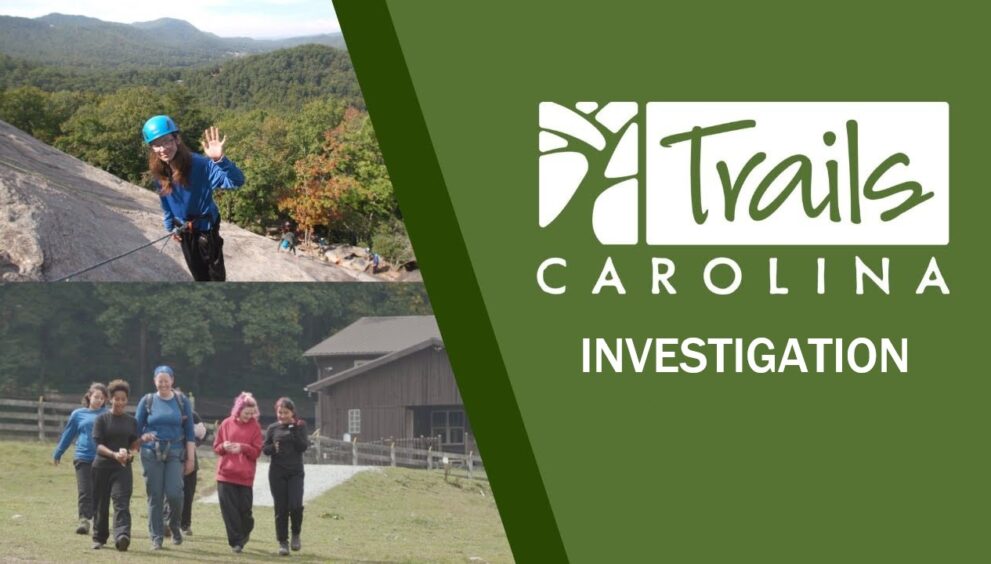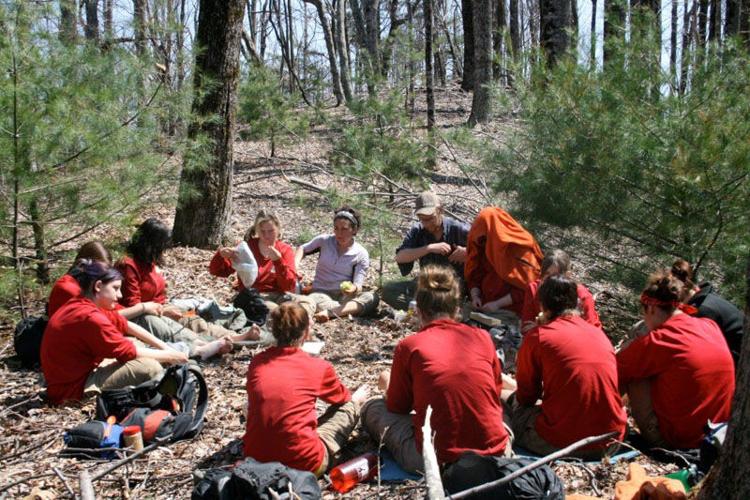In-depth Trails Carolina Investigation – A Revealing Probe

Embarking on the Trails Carolina investigation opens the door to a profound exploration of this therapeutic wilderness program. In the realm of wilderness therapy, Trails Carolina stands as a prominent player, offering transformative experiences for struggling youth. Let’s delve into the depths of this investigation, seeking clarity on its methodologies, impact, and the overall effectiveness of the program.
Trails Carolina: A Closer Look at Methodologies
The heart of any investigation lies in understanding the methodologies employed, and Trails Carolina is no exception. The program blends traditional therapy with the healing power of nature, creating an immersive experience for participants. By integrating adventure, counseling, and wilderness settings, Trails Carolina aims to provide a holistic approach to personal growth and development.
Navigating the Impact: Trails Carolina’s Influence on Participants
As we unravel the Trails Carolina investigation, it’s imperative to assess the program’s impact on participants. Beyond the picturesque landscapes and outdoor challenges, how does the program contribute to the emotional and psychological well-being of the individuals it serves? Examining firsthand accounts and testimonials provides valuable insights into the transformative journey experienced by participants.
The Role of Expertise: Understanding Trails Carolina’s Professional Team
At the core of Trails Carolina’s effectiveness is its team of professionals. Investigating the qualifications, expertise, and approach of the staff sheds light on the foundation of the program. The expertise of therapists, guides, and support staff plays a pivotal role in creating a safe and nurturing environment for participants to navigate their personal challenges.
Authoritativeness in Wilderness Therapy: Trails Carolina’s Standing
As consumers seek reliable options in the field of wilderness therapy, understanding the authoritativeness of programs like Trails Carolina becomes paramount. How does the program fare in comparison to industry standards? Evaluating accreditations, success rates, and adherence to ethical practices provides a comprehensive view of Trails Carolina’s standing in the wilderness therapy landscape.
Trustworthiness in Action: Accountability and Transparency
In any investigation, the element of trustworthiness is crucial. How does Trails Carolina demonstrate accountability and transparency in its operations? Examining the program’s communication practices, handling of challenges, and commitment to ethical conduct offers valuable insights into its trustworthiness as a provider of wilderness therapy.
Participant Perspectives: Trails Carolina in Their Own Words
As we delve into the Trails Carolina investigation, hearing directly from participants offers valuable insights. Their personal narratives provide a nuanced understanding of the challenges faced, the impact of the program, and the journey toward positive transformation. These firsthand accounts add depth to the investigation, giving a voice to those who have navigated the Trails Carolina experience.

Parental Involvement: A Crucial Element in the Process
A key aspect of the Trails Carolina investigation involves examining the role of parents in the therapeutic process. How does Trails Carolina foster communication and involvement between parents and participants? Understanding this dynamic sheds light on the holistic approach the program takes, recognizing the importance of familial support in the journey toward healing.
Evaluating Outdoor Interventions: The Wilderness Therapy Landscape
In the broader context of wilderness therapy, Trails Carolina is a notable player. Investigating how it aligns with industry trends, benchmarks, and the evolving landscape of outdoor interventions provides a comprehensive view. By situating Trails Carolina within this broader framework, we gain a nuanced understanding of its place and influence in the field.
Measuring Success: Trails Carolina’s Impact Metrics
Effectiveness in wilderness therapy is often measured by tangible outcomes. The Trails Carolina investigation delves into the program’s impact metrics, assessing success rates, post-program support, and the lasting effects on participants’ lives. By quantifying success, we can evaluate Trails Carolina’s contribution to the positive growth and development of those it serves.
Collaborative Therapeutic Approaches: The Team Behind Trails Carolina
Central to the Trails Carolina experience is its team of therapists, guides, and professionals. Investigating the collaborative therapeutic approaches employed by the team illuminates the comprehensive support system in place. The integration of diverse expertise contributes to a well-rounded program, addressing the varied needs of participants and fostering a supportive community.
Continuous Improvement: Trails Carolina’s Adaptive Strategies
A crucial aspect of any successful program is its ability to adapt and evolve. The Trails Carolina investigation explores the program’s commitment to continuous improvement. How does it incorporate feedback, adjust methodologies, and stay abreast of advancements in therapeutic practices? Understanding this adaptive nature contributes to a holistic assessment of Trails Carolina’s ongoing relevance and effectiveness.
Conclusion:
In conclusion, the Trails Carolina investigation serves as a compass, guiding us through the intricate landscape of wilderness therapy. By examining methodologies, impact, expertise, authoritativeness, and trustworthiness, we gain a nuanced understanding of Trails Carolina’s role in shaping transformative experiences. As individuals seek alternatives for personal growth, this investigation provides a lens through which to navigate the possibilities within the realm of therapeutic wilderness programs.













